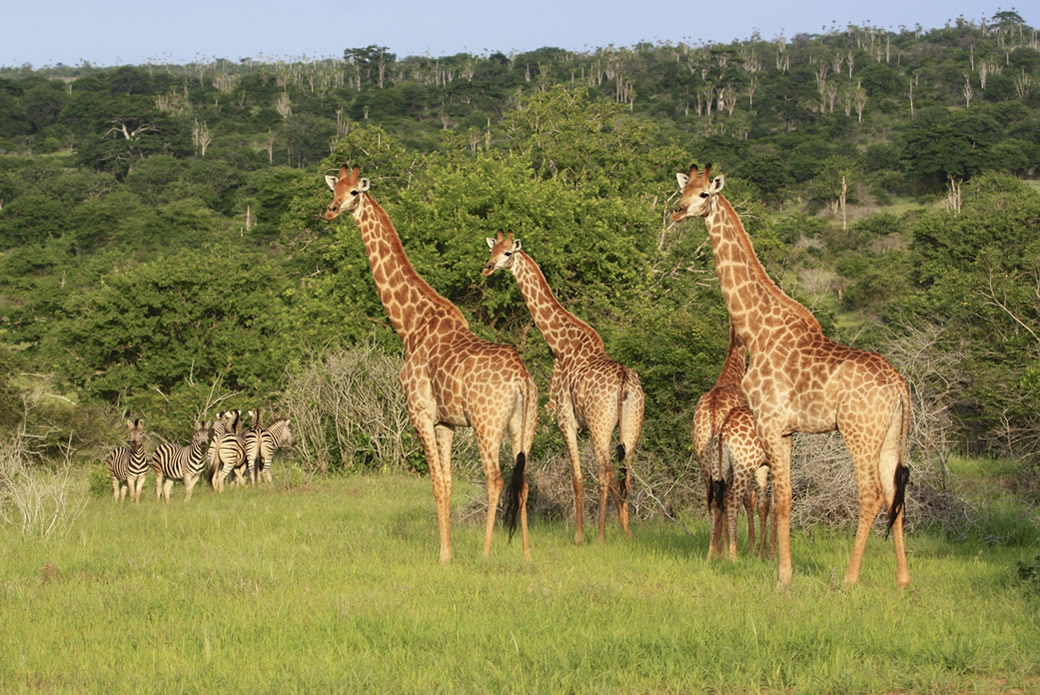Angola, a country officially referred to as the republic of Angola is located in the south-central territories of Africa. On its south, it is bordered by Namibia and has Democratic Republic of the Congo bordering its north. In this article, we’ll be discussing about one of the most visited tourist spots of the country, the Kissama National Park.
Kissama National Park is also often called as the Quiçama National Park. This national park is situated at the northwestern part of Angola. The feature that makes it an extremely priced possession of the country is the country’s only running national park. All the other national parks of Angola have been destroyed during Angolan Civil War that continued from 1975 to 2002.
To reach the Kissama National Park, you will have to cover a distance of 70 Km from the capital of the country, Luanda. The park itself covers a total area of 12,000 km² or three million acres. This makes it one of the biggest national parks on earth. In the year 1938, the Kissama National Park was established for being used as an animal reserve. In the year 1957 i.e. almost after 2 decades of its inception, the park obtained the designation of national park. During this time the area was under the rule of Portuguese people and thus the park obtained a Portuguese name.
The Kissama National Park used be the home to a wide range of animal species; especially the game varieties like Giant sables and elephants. However, during the civil war, the park encountered incessant poaching incidents, which resulted in decrease in the animal population of the national park.
In the year 2001, a community called Kissama Foundation consisted of South Africans and Angolans started a movement called ‘Operation Noahs Ark’. This movement involves the act of transporting animals, particularly elephants from the neighboring countries of South Africa and Botswana. The animals that are transported in Kissama National Park are from the overpopulated parks of their native countries.
